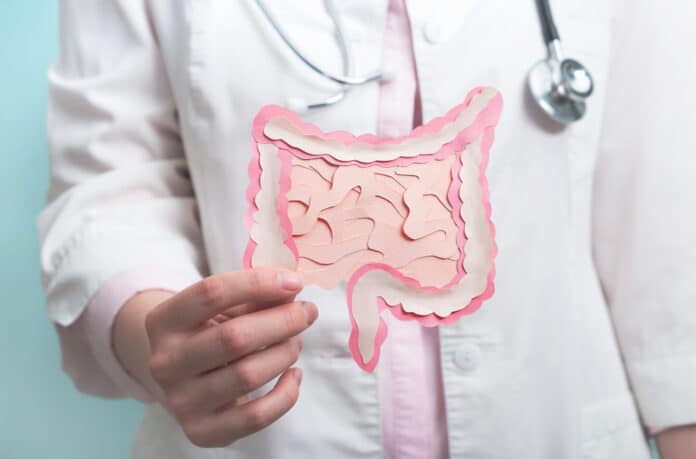
Our gut is home to trillions of bacteria, known as the microbiome, which play a crucial role in maintaining our overall health and well-being.
Recent research has shown that the composition of the microbiome can impact mental health in several ways. For example, studies have shown that individuals with anxiety and depression tend to have a different composition of gut bacteria compared to those without these conditions.
How Does Your Gut Affect Your Mental Health?
Your gut and your brain are connected through the gut-brain axis, which is a two-way communication system between the two organs. The gut-brain axis allows for the transfer of information and signals that can affect both the gut and the brain.
Gut bacteria produce various chemicals and compounds that can affect the brain and mental health. For example, gut bacteria produce short-chain fatty acids, which have been shown to have anti-inflammatory effects on the brain and can reduce anxiety and depression.
Gut bacteria also influence the production of neurotransmitters like serotonin and dopamine, which are known to play a role in regulating mood and can affect mental health. An imbalance in gut bacteria can disrupt the production of these neurotransmitters, which can potentially result in mood disorders such as depression and anxiety.
Furthermore, gut bacteria can also impact the immune system, which can then affect mental health too. An overactive immune system can result in chronic inflammation, which has been linked to several mental health issues, including depression.
Identifying Specific Gut Bacteria Linked to Depression
In December 2022, research was published in the journal Nature Communications identifying 13 microorganisms associated with depression.
In individuals with higher depressive symptoms, their microbiomes tended to be more abundant in:
● Sellimonas
● Eggerthella
● Lachnoclostridium
● Hungatella
And also, higher depressive symptoms were associated with depleted amounts of beneficial bacteria:
● Ruminococcaceae (UCG002, UCG003, UCG005)
● Coprococcus
● Lachnospiraceae
● Ruminococcous gauvreau iigroup
● Eubacterium ventriosum
● Subdoligranulum
Although this initial research will need to be confirmed and elaborated in future studies, these findings may open the door to better ways of diagnosing and treating depression.
Improving Your Gut Microbiome
At this point in time, there is not enough evidence to support any claims that improving your gut microbiome can cure depression.
However, improving your gut bacteria has been shown to have numerous benefits for your overall health, including your mental health.
One way to improve the health of your gut bacteria is by eating a diverse and balanced diet that includes plenty of fiber-rich foods, such as fruits, vegetables, whole grains, and legumes. These foods provide a source of fuel for the good bacteria in your gut, helping them to thrive and multiply.
Probiotics, which are live microorganisms found in fermented foods and supplements, can also help to improve the health of your gut bacteria. These beneficial bacteria can help restore your microbiome’s balance and support your immune system. Some examples of probiotic-rich foods include yogurt, sauerkraut, kimchi, and kombucha.
In addition to a healthy diet, regular exercise can also benefit your gut bacteria. Exercise has been shown to improve gut motility and increase the production of short-chain fatty acids, which can help to support the growth of beneficial bacteria.
It’s also important to avoid foods and habits that can harm your gut bacteria. These include processed and sugary foods, excessive alcohol consumption, and chronic stress.
If you are experiencing signs of depression, talk to your doctor, therapist, or healthcare providers about things you can do to improve your condition. They may recommend trying to improve your diet as part of a more comprehensive treatment plan.


















